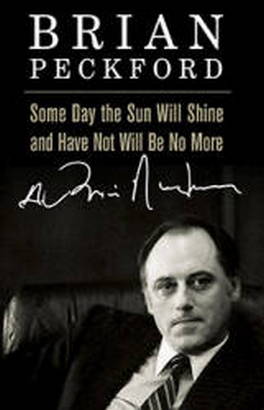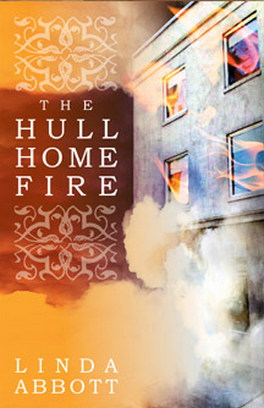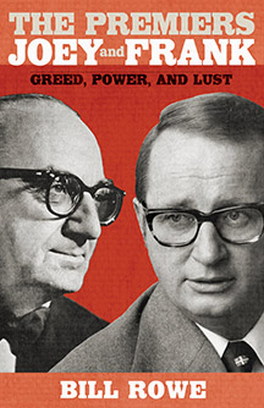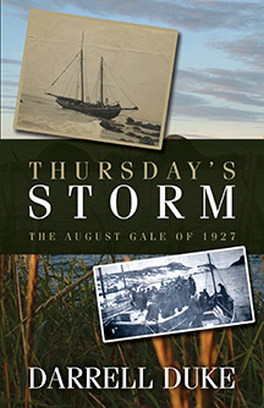1640. After a long retirement in the south of France, former pirate Peter Easton has come home to London. Weary and bedridden, he finds himself plagued by heightened sensitivities. He is acutely aware of the suffering of all living things and longs to make amends for a lifetime of destruction. As he is nursed back to health by his devoted young servant, Gabrielle, and a mysterious apothecary, Fleet, Easton finds a focus for his returning energy. He becomes determined to search for the son and heir he left behind in Newfoundland. Against medical advice, he begins to organize one final voyage...
Easton's Gold
by Paul Butler
I hear the sound again—a suppressed squeal and a scuttling noise, like mice on a polished floor.
Now I am sure they are laughing at me.
The servants withdrew from my bed several minutes ago. At first they pretended to straighten chairs, close drawers, smooth curtains. Now they are just watching me from the shadows. I don’t try to look at them; my gaze remains on the specks of dust floating in the shaft of light above me. They are like faraway stars, swirling and circling out of reach. How small my world has become!
Proclaiming that the daylight is too much for my senses, the doctor has rationed the sun. The draperies, he has told the servants, may be opened only a foot between ten in the morning and three in the afternoon. The single beam which results from this order has a celestial quality; it reminds me of sunlight filtered through stained glass and falling upon an altar, kissing the crisp, white cloth and the silver chalice. I feel I am a knight at prayer.
Why do the servants suppose I cannot hear them when they giggle? Perhaps they know I can. Perhaps they sense my final decline and have ceased to care what I think. They are waiting for me to die. I can feel their anticipation like a cool breeze licking the bedclothes. But I am indifferent to their mocking.
I am sinking fast; that much is obvious even to me. I can barely move my head. I pushed myself too far, it seems, when I journeyed to this place. An old age in triumph, I had imagined. But it turns out this bed is my only domain. Dampness has seeped into my bones, and I feel they might crumble into powder every time I try to move.
But move I must, as I know the world beyond my bed feels an anguish more urgent than my own.
“Jacques!” I find myself calling.
My voice is little more than a gasp, and I am afraid he will pretend not to hear.
More whispering from the shadows.
“Jacques!” I call again.
At last he comes forward and stands by the side of my bed. I manage to tip my head so I can catch sight of his face. There is a smirk shaping his pink lips.
“My lord?” he says, eyes glistening.
“Search the rooms for spiders’ webs,” I say with an effort.
Jacques makes a face—a joke frown. He catches Philippa’s eye; she has repositioned herself near the foot of my bed.
I raise my head as much as I can to show I mean business.
“Untangle the threads...untangle the threads from any living flies that are trapped,” I say. The words are like hot gravel spilling from my lips, and I can feel my face reddening. “Take them outdoors and release them. And dust for any other cobwebs. Do you understand?”
Jacques glances at Philippa again. There is a stifled laugh from the shadows behind him. Maria must be standing there.
“But, my lord, I do not quite understand. You want me to rescue...the flies?”
Another tittering noise behind him.
“Yes.” I let my head sink back into the pillow.
Jacques bows with mock solemnity.
“And send Gabrielle to me the moment she returns.”
I glance toward him, eager to catch his expression now. The confidence has drained from Jacques’s face. Now there is that odd look I have seen before—thin-lipped, moist-eyed, and struggling. Jacques does not like Gabrielle. I am glad he is annoyed. The room has gone hushed. Every clown loves an audience, and Jacques’s—Maria and Philippa—have sensed the joke is over.
“My lord,” he says gravely with a bow. He turns and leaves, followed by his retinue. They begin whispering again as the door closes.
I lie and wait. I know Gabrielle will not be long. I have glimpsed the outlines of swallows’ wings in the light above me, and I long for her to look out upon the river and tell me what she sees. She has a soft, low voice and speaks both French and English beautifully. She is my angel, the one person who will not laugh at me. She seems to belong not to my old age, but to the earliest time of my childhood, and she is reuniting me with an innocence I had thought long gone. I can watch the contours of her lips and cheeks. I can feel the dip in the bed when I ask her to sit beside me. But I am innocent as a child. My impotence is my new-found virtue. To her, I am a good man.
A compelling novel . . .-- The Globe and Mail --
Easton's Gold and its predecessor [Easton] are about as different as it's possible for two novels featuring the same character to be. They're both excellent, but in very different ways.-- Chronicle Herald --
Butler is an invigorating writer, keeping the reader in suspense, but moving the story along at an exhilarating pace. Furthermore, he provides a substantial background to his story, and is meticulous in his re-creation of time and place, especially of shipboard space.-- Canadian Book Review Annual --























